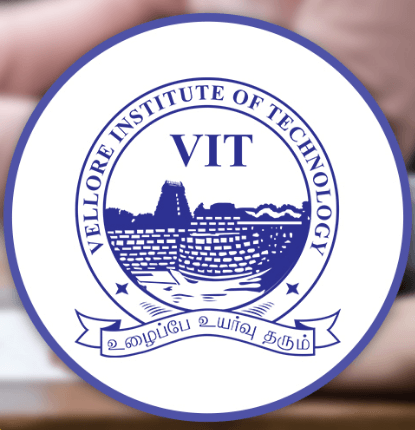Welcome to “Empowering Engineers: A Comprehensive Guide to Engineering Education.” This guide is designed to provide valuable insights and resources for individuals interested in pursuing a career in engineering. Whether you’re a high school student exploring future career paths, a current engineering student navigating your academic journey, or a professional considering further education, this guide aims to empower you with the knowledge and tools to excel in the field of engineering.
Chapter 1: Understanding Engineering Education
Engineering is a diverse field that encompasses a wide range of disciplines, including civil, mechanical, electrical, and chemical engineering, among others. At its core, engineering is about applying scientific and mathematical principles to solve real-world problems. A strong foundation in STEM (science, technology, engineering, and mathematics) subjects is essential for success in engineering education.
Chapter 2: Preparing for Engineering Education
Preparation for a career in engineering begins early. In high school, it’s important to take challenging courses in mathematics, physics, chemistry, and computer science. Participating in extracurricular activities such as robotics clubs, science fairs, and engineering summer programs can also help you develop important skills and explore your interest in engineering.
Chapter 3: Navigating Engineering Colleges and Programs
There are many factors to consider when choosing an engineering college or program. These include the program’s accreditation, faculty expertise, research opportunities, facilities, and location. It’s important to visit campuses, talk to current students and faculty, and research program rankings and reviews to make an informed decision.
Chapter 4: Excelling in Engineering School
Engineering school can be challenging, but with the right approach, you can excel academically. Develop effective study habits, manage your time wisely, and seek help from professors and tutors when needed. Engaging in hands-on projects, internships, and research can also enhance your learning experience and prepare you for a successful engineering career.
Chapter 5: Beyond the Classroom: Building Your Engineering Career
Building a successful engineering career requires more than just academic excellence. Internships, co-op programs, and research opportunities can provide valuable hands-on experience and help you build a professional network. Networking, attending career fairs, and building a strong online presence can also help you stand out to potential employers.
Chapter 6: Continuing Your Engineering Education
The field of engineering is constantly evolving, and lifelong learning is essential for staying competitive. Consider pursuing graduate studies, professional certifications, or continuing education courses to expand your knowledge and skills. Networking with other professionals and staying current with industry trends can also help you advance your engineering career.
Conclusion
Empowering Engineers: A Comprehensive Guide to Engineering Education” is a valuable resource for anyone interested in pursuing a career in engineering. By understanding the fundamentals of engineering education, preparing effectively, choosing the right college or program, excelling academically, building a strong career foundation, and continuing your education, you can embark on a successful engineering journey and make a positive impact on the world through your work.
Latest Blog Post

Best Courses After 12th Science (PCM & PCB) in India
06 Feb, 2026
Branches of Engineering: A Comprehensive Overview
24 Feb, 2024





